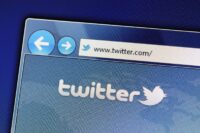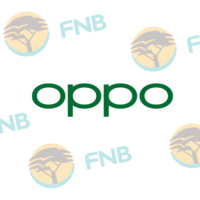DHL Replaces Microsoft as Most Imitated Brand in Phishing Attempts in Q4 2021
The Check Point Research (CPR) Brand Publishing Report have revealed that DHL has taken the number one spot in Q4, replacing Microsoft as the brand most likely to be targeted by cybercriminals in phishing scams.
The Brand Publishing Report highlights the brands which were most frequently imitated by criminals in their attempts to steal individuals’ personal information or payment credentials.
The report shows 23% of all brand phishing attempts were related to the global logistics and shipping company, up from just 9% in Q3, as threat actors sought to take advantage of vulnerable online consumers during the busiest retail period of the year.

Microsoft, which yet again led the rankings in Q3 by accounting for 29% of all phishing attempts, only accounted for 20% of phishing scams in Q4.
FedEx also appeared in the top ten list for the first time in Q4 2021.
While Facebook has dropped out of the top ten brands most likely to be imitated, WhatsApp has moved from 6th position to 3rd, now accounting for 11% of all phishing attempts.
LinkedIn has moved from 8th position to 5th, now accounting for 8% of all phishing-related attacks.
Omer Dembinsky, Data Research Group Manager at Check Point Software said it is important to remember that cybercriminals are opportunists.
“In their attempts to steal peoples’ personal data or deploy malware onto a user’s machine, criminal groups will often take advantage of consumer trends by imitating popular brands.”
In a brand phishing attack, criminals try to imitate the official website of a well-known brand by using a similar domain name or URL and web-page design to the genuine site.
The link to the fake website can be sent to targeted individuals by email or text message, a user can be redirected during web browsing, or it may be triggered from a fraudulent mobile application.
The fake website often contains a form intended to steal users’ credentials, payment details or other personal information.
Check Point has encouraged users to be cautious when divulging personal data and credentials to business applications or websites, and to think twice before opening email attachments or links, especially emails that claim to be from companies such as DHL, Microsoft or Whastapp, as they are the most likely to be impersonated.
Below are the top brands ranked by their overall appearance in brand phishing attempts:
1. DHL (related to 23% of all phishing attacks globally)
2. Microsoft (20%)
3. WhatsApp (11%)
4. Google (10%)
5. LinkedIn (8%)
6. Amazon (4%)
7. FedEx (3%)
8. Roblox (3%)
9. Paypal (2%)
10. Apple (2%)





